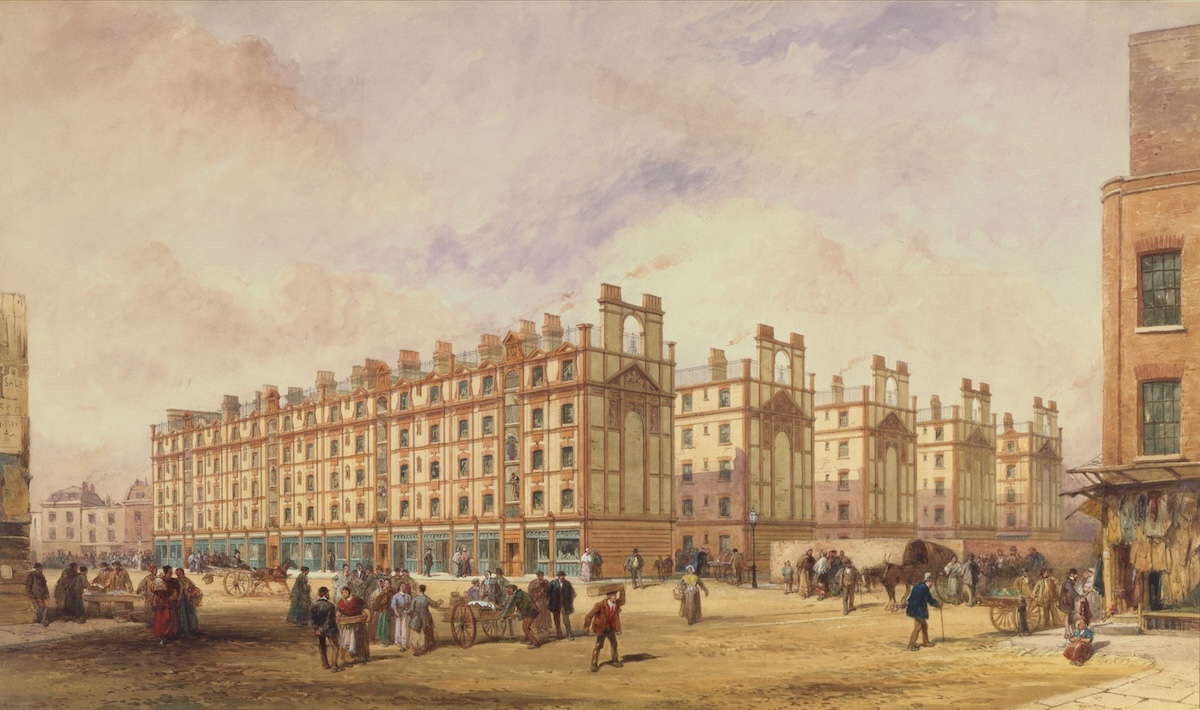Solving the Victorian Housing Crisis
The acute housing crisis of mid-Victorian Britain generated stormy opinions about the nature of state intervention and the need for ‘wholesome despotism’.

In 1866 James Hole, a writer from Leeds, called for ‘a little wholesome despotism’ in tackling the problems of housing the urban working classes. He was not alone in favouring a no-nonsense, top-down approach. ‘You must have little short of a despotism with respect to the metropolis’, opined William Haywood, chief engineer of the Corporation of London in 1863, ‘if you want everything done in the way it should be done.’
Such sentiments reflected the mood of the 1860s, as anxieties about sanitation and public health evolved into deep unease about housing conditions for Britain’s workforce. Railway companies were pushing their tracks through overcrowded urban neighbourhoods, demolishing dwellings and displacing the helpless as they went. Overcrowded homes brought moral evils alongside rising death-rates. One MP thought the situation required not a wholesome but a ‘severe despotism’.
